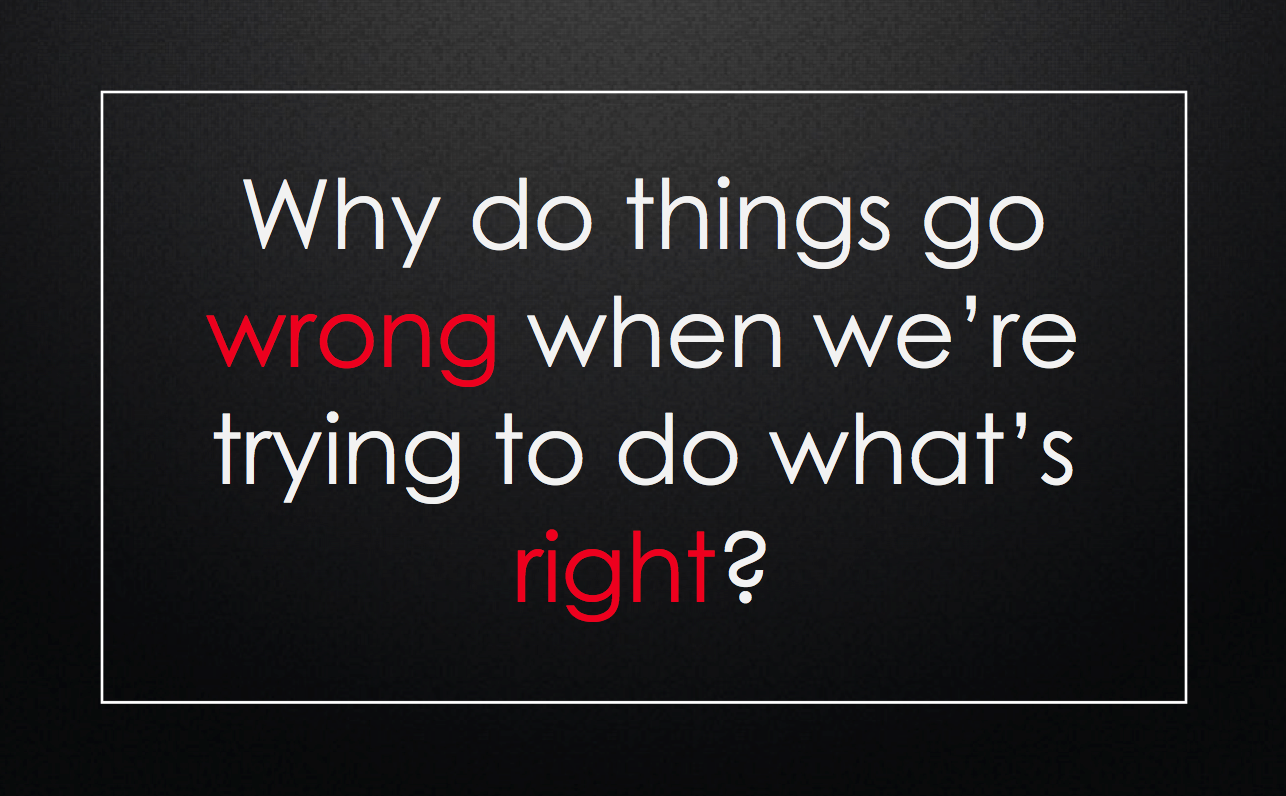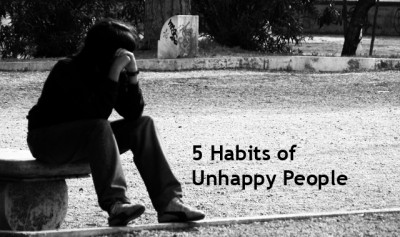
Lately I've been pondering why it is that when we set out to do something good
we face such difficult adversity. Sometimes it even feels like we’re being
punished for doing the right thing.
Last week I attended a board meeting for the Christmas Box International,
a charitable organization I founded about fifteen years ago to help abused
and neglected children. As our director read the list of the year’s accomplishments,
my mind went back to one of our first board meetings–a painful, agonizing one.
Back then, it seemed, nothing was going right. Community donations were a
fraction of what we’d hoped for while our first shelter, which was still under
construction, was a money pit–six months behind schedule and more than a
half million dollars over budget. I had used up nearly all my personal savings
building the shelter and now I couldn’t even qualify for a loan to finish it.
And we still hadn’t helped a single child. We had no shelter, no money, no
community support and abused children with no place to go. Surely there couldn’t
be a more worthy cause than helping abused children, I reasoned. Then why did
it seem that the universe was against us?
As we were beginning the board meeting my father, who sat on the charity’s
board, asked to speak. “Before we go any further,” he said. “I’d like to make a
motion. I’m sorry to say this isn’t working. This shelter has nearly bankrupted
my son. I make a motion that we close down the project.” His words were met
with stunned silence. Then another board member spoke out. “I’d like to second
the motion,” he said. “The community hasn’t rallied around this cause like we
hoped. In all honesty, this is a sinking ship.” As I looked around the table
everyone seemed to concur. Finally I asked, “Is that how you all feel?” Almost
all of the board members nodded in agreement. I sat quietly for a moment
pondering the motion. Honestly, it would have been an incredible relief to stop.
At times the stress and discouragement of the project seemed overwhelming.
“Just a moment,” I said, excusing myself from the meeting. Walking out of the
conference room I ducked into the only room not occupied–a mechanical closet.
There I knelt down to pray. I asked God one question. May I quit? The impression
that came back was unmistakable. “No. If you fail, no one else will succeed.”
My heart sank. I got up off my knees and walked back into the meeting. Looking
around the table I said, “Thank you for your concern, but I’m not going to stop.
If the ship is sinking, I’ll be going down with it. You’re free to join me or not.”
The room was quiet. Then our director said, “All right. Let’s get on with business.”
The next week I printed up T-shirts for the board and staff with the words:
FAILURE IS NOT AN OPTION.
For the next few months we continued to painfully limp along. Then one day I
received a phone call from a friend of mine. A wealthy man she had told about
the shelter wanted to know more. (He has asked to remain anonymous) Several
days later I gave him a tour of the unfinished facility. Afterwards he asked me
how things were going.
“Not like we hoped,” I said. “It’s just about bankrupted me.”
He looked at me quizzically. “You put your own money into this?”
“Almost all of it,” I replied.
He looked surprised. “I’ve never seen a celebrity use their own money,” he said.
The next day I received a phone call from the man’s assistant. “My boss wanted
me to call and let you know he is wiring a million dollars to help you finish
your shelter.”
The shelter was completed. Since then more than 70,000 children have been helped.
That’s a football stadium!
A few years ago I was signing books when I noticed a pretty young woman
standing near the back of my line, staring at me. When she finally reached
my table she said, “Mr. Evans, my whole life I’ve wanted to meet you.”
“You like my books?” I asked.
“Never read them,” she replied.
“Then why did you want to meet me?”
“I’m one of your shelter kids,” she replied. The young lady went on to explain
that her biological parents were drug addicts and when the state took her and her
brother away, no one wanted both of them. “We lived in your shelter until mom
and dad adopted us. Our caseworker said that if it wasn’t for you I would have
been raised without my brother.” She put her arm around the teenage boy next
to her. “I’ve always wanted to thank you for my brother.”
That was a beautiful moment–and a sharp contrast to the first four years of panic
attacks and misery. I remember during those years feeling frustrated and angry
that everything seemed to go wrong. Many times I felt abandoned by God.
Since then I’ve come to believe that there are two reasons our good deeds are met
with opposition. First, is to allow us the opportunity to prove to ourselves the
level of our commitment. It’s been said that adversity introduces a man to himself.
This is true. If all worthy endeavors were easy, there would be no greatness or
nobility in the world. Just expediency.
The second reason is more pragmatic. More times than not we do not succeed
in spite of our challenges and obstacles, but precisely because of them. It is the
struggle itself that gives a thing life. As Thoreau wrote, “All misfortune is but a
stepping stone to fortune.” In my case, going through the challenges of building
the shelter forced me to take an active role in the organizations’ development
and management. Without it, our cause to help children would probably not have
survived on to today.
We all have our great causes, in our homes and in the world. It’s important to
remember that oftentimes the rugged road we are forced to walk is the only path
to our destination.





